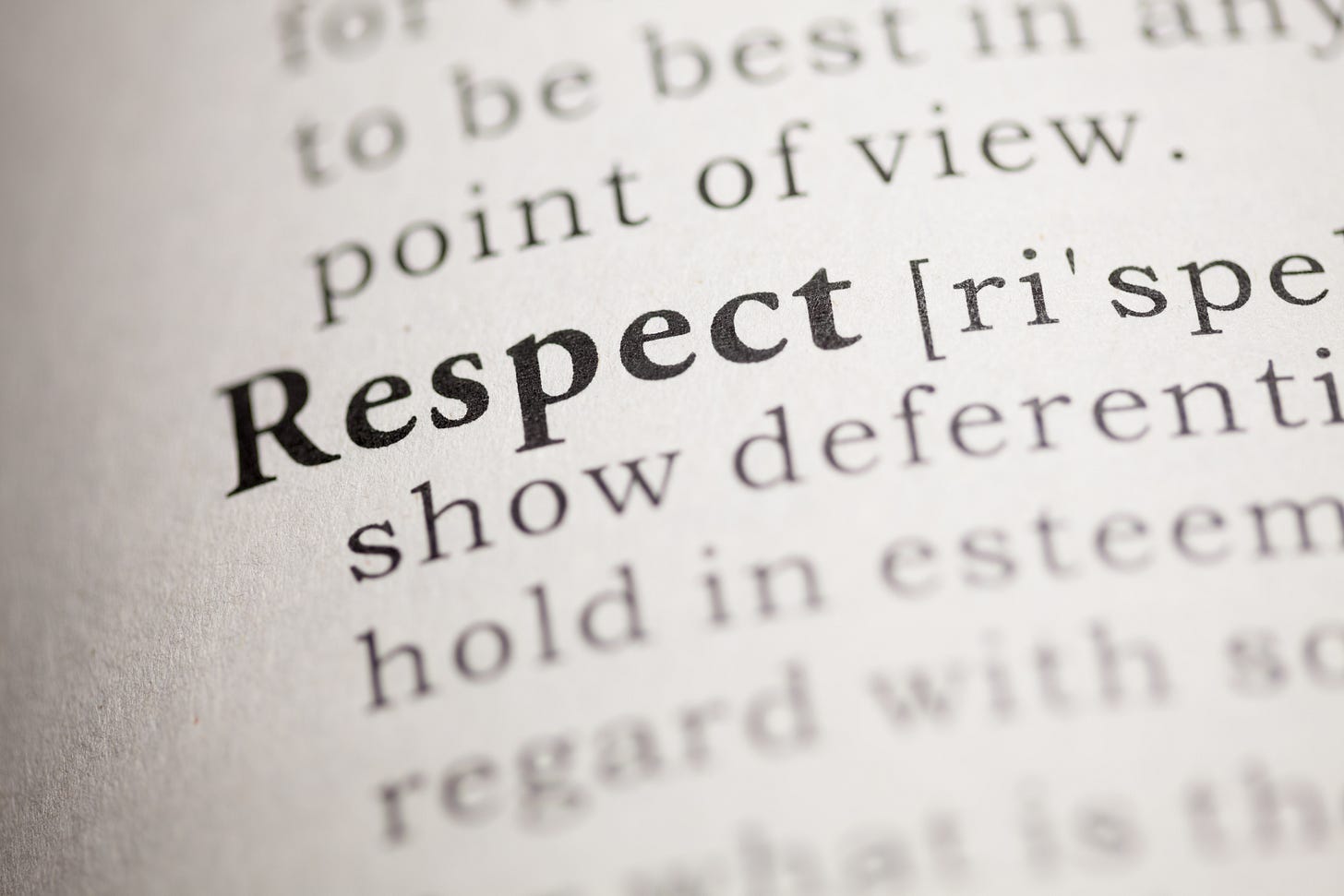What is the epitome of respect?
Knocking on the fridge before you open it.
Now, what is the epitome of fear?
Someone answering.
Sometimes, the pursuit of respect can turn ourselves into a joke.
So, what is true respect?
The answer lies in this week's parashah.
Rav Shlomo Wolbe often remarked that many parshiyos in the Torah can be titled after a theme. For example, last week's Parashas Kedoshim was thematic of kedusha. If we had to give a descriptive title to Parashas Emor, Rav Wolbe said, that title would be kavod, respect.
Rav Wolbe elaborates: Hashem is beyond our understanding. He is "Kadosh, Kadosh, Kadosh," as we say in the first sentence of Kedushah—holier than we can comprehend. But the second sentence of Kedushah continues, "The earth is full of His Kavod (honor)." Whatever Hashem chooses to reveal of Himself in our world, in order that we may revere Him, we call His "Honor." Giving honor is, therefore, how we can connect to Him, and this week's parashah focuses on defining "honor" a…




